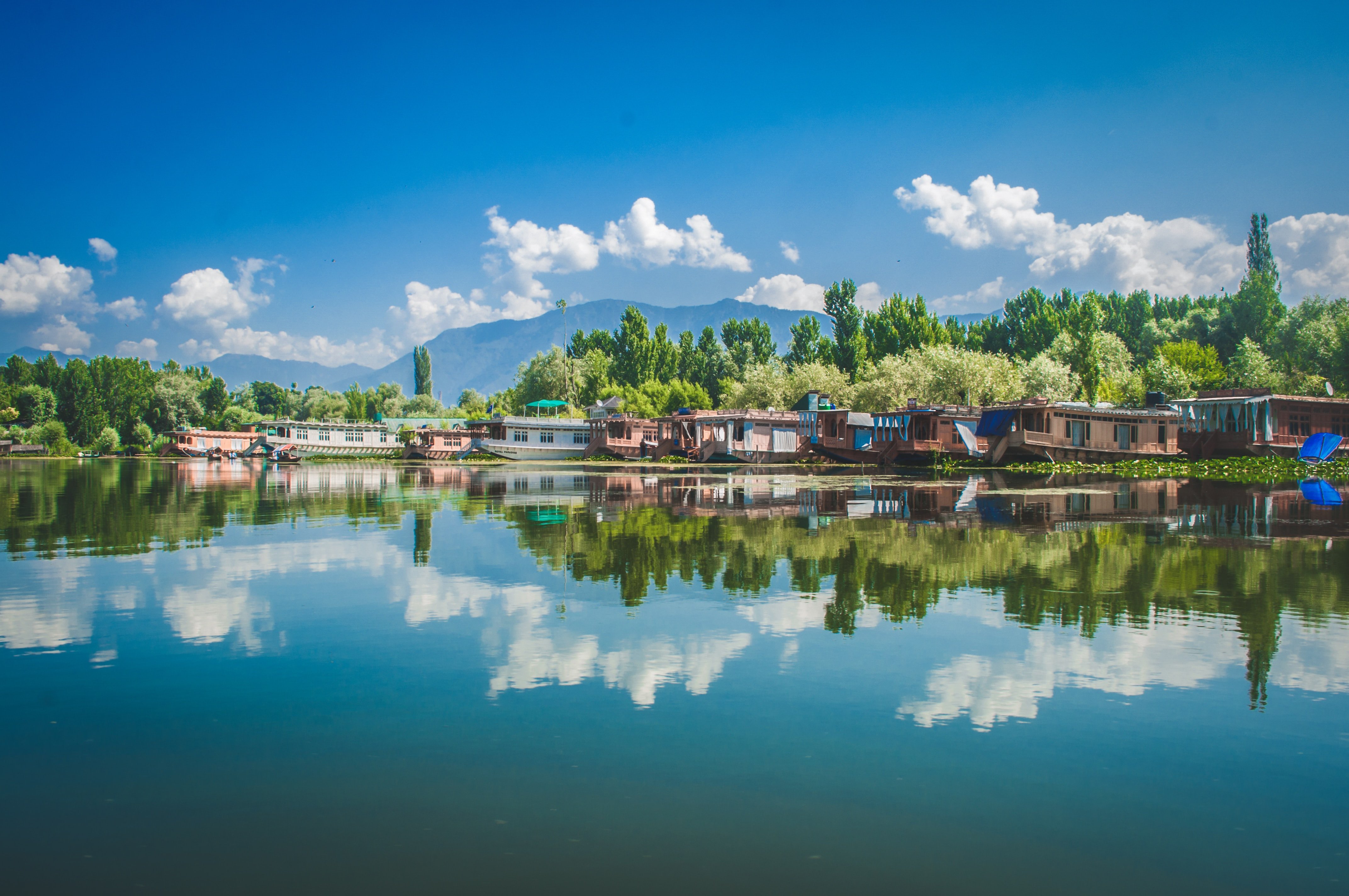Subscribe to Trek Library and access premium content, free.
3 minute read
Imagine if you knew the exact number of weeks you had left to live. How would it change the way you approach each day?
Average human lives till 75 and that gives us roughly 4000 weeks of life on this planet.
If you’re like me in their 40’s you have crossed over the hill. I have 1500 weeks left. I reached the peak, got a glimpse of the panoramic view and now it’s time to head down.
My hope, over the next few minutes, is to bring a sense of perspective and reflection to your journey by encouraging you to make the most of the time left.
Some conversations are difficult. Delaying them will not make it easier.
The first 40 years of a man’s life are reactive and the last 40 are reflective.
I am 44, healthy and probably have 20 more years of active lifestyle left in me. As long as I take care of my health, relationships and finances I should be able to take 2 weeks off every year and go to the mountains. Walking amongst them and taking on a challenge, while living as primal as possible bring me the utmost joy.
That leaves me with 20 treks. Only 20 chances to experience happiness in its purest form. If I were guaranteed infinite number of trekking trips, I would skip a year here and there.
But once you put a finite number, the decision making process of ‘to go or not to go’ becomes easy. Everything else seem to take a backseat when it comes to those two weeks.
What would I remember more? Working two extra weeks in a year or another opportunity to be with nature?

On Money & Wealth
“It turns out that when people make enough money to meet their needs, they just find new things to need and new lifestyles to aspire to; they never quite manage to keep with the Joneses, because whenever they’re in danger of getting close, they nominate new and better Joneses with whom to try to keep up. As a result, they work harder and harder, and soon busyness becomes and emblem of prestige” - Four Thousand Weeks, Oliver Burkeman
The idea of working hard and long to accumulate wealth now so that you can enjoy it in some distant future is naivety that you are in control. We don’t get to dictate the terms and are simply reacting to the best of our abilities. One single incident can ruin the best financial models.
This loop of ‘when I finally will ____ , then I will ____’ is an unending delay of fulfilment. It makes one believe that they are not good enough, smart enough, strong enough, rich enough, accomplished enough to enjoy the present moment. As if the present moment is an insurance that guarantees happiness in the future.
Work hard, save, invest. But don’t delay play.
Subscribe to Trek Library and access premium content, free.
On Productivity
“The problem isn’t exactly that these techniques and products don’t work. It’s that they do work - in the sense that you’ll get more done, race to more meetings, ferry your kids to more after-school activities, generate more profits for your employer - and yet, paradoxically, you only feel busier, more anxious, and somehow emptier as a result” - Four Thousand Weeks, Oliver Burkeman
Our troubled relationship with play arises from our childhood.
‘If you study hard and complete all assignments, you might get to play’.
We brought this attitude to our careers.
‘If you work hard enough, cross off every item on the to-do list, you can take a break’.
From joining the 5AM club to meditating the crap out of our brains, we have tested every productivity hack under the sun. Just so that we can squeeze enough work in our day to avoid feeling guilt when we are not.
We seem to think that we are the main component of an extremely complex machine without which the earth would stop rotating and the world will come to an end.
You’re not.
On Goals & Aspirations
“Once you truly understand that you’re guaranteed to miss out on almost every experience the world has to offer, the fact that there are so many you still haven’t experienced stops feeling like a problem. Instead, you get to focus on fully enjoying the tiny slice of experiences you actually do have time for - and the freer you are to choose, in each moment, what counts the most” - Four Thousand Weeks, Oliver Burkeman
In order to lead a life that brings you peace and happiness you will have to make some rather tough decisions. You will come across as an oddball to others and will need to get over a lot of FOMO. With time you will realise that missing out on most things is guaranteed.
Disappointed friends, abandoned ambitions, unfulfilled expectations are all signs that you cherish your time and spend it how you think is wise. Not what others think. You have finally fixed the goal post and don’t shift it every time you get there.
The disappointed ones were relying on you to fulfill their dreams. They have no interest in your new found freedom.
On Leisure
“We actually have more leisure time than we did in previous decades - an average of about five hours per day for men, and only slightly less for women. But perhaps one reason we don’t experience life that way is that leisure no longer feel very leisurely. Instead, it too often feels like another item on the to-do list. And like many of our time troubles, research suggests that this problem grows worse the wealthier you get” - Four Thousand Weeks, Oliver Burkeman
I am running because I am preparing for a marathon.
I read that book because it will help me with my startup.
I am getting full eight hours of sleep because I have a climbing expedition coming up.
I am trying out new recipes for my new youtube channel.
Aspirations have creeped into leisure time also. Sundays used to be for ‘nothing’. Now it is a day where we fill in ‘things’ that we don’t have time to do in the weekday. Work related things that don’t require a lot of focus and can be done leisurely!
Naval Ravikant pointed out that ‘all of man’s problems arise because he can’t sit in a room by himself for 30 minutes’.
One of the best ways to focus on play as much as work is to plan well in advance. Every year there are two trips I take that are non-negotiable. One is a 2-3 week long trek and one is a weekend in Hyderabad with close friends.
These are my observations. They should not indicate that I have mastered my relationship with time. In fact it is impossible to become a master of time because that would suggest that we are in control. I have simply become more aware of what’s at stake.
Subscribe to Trek Library and access premium content, free.



